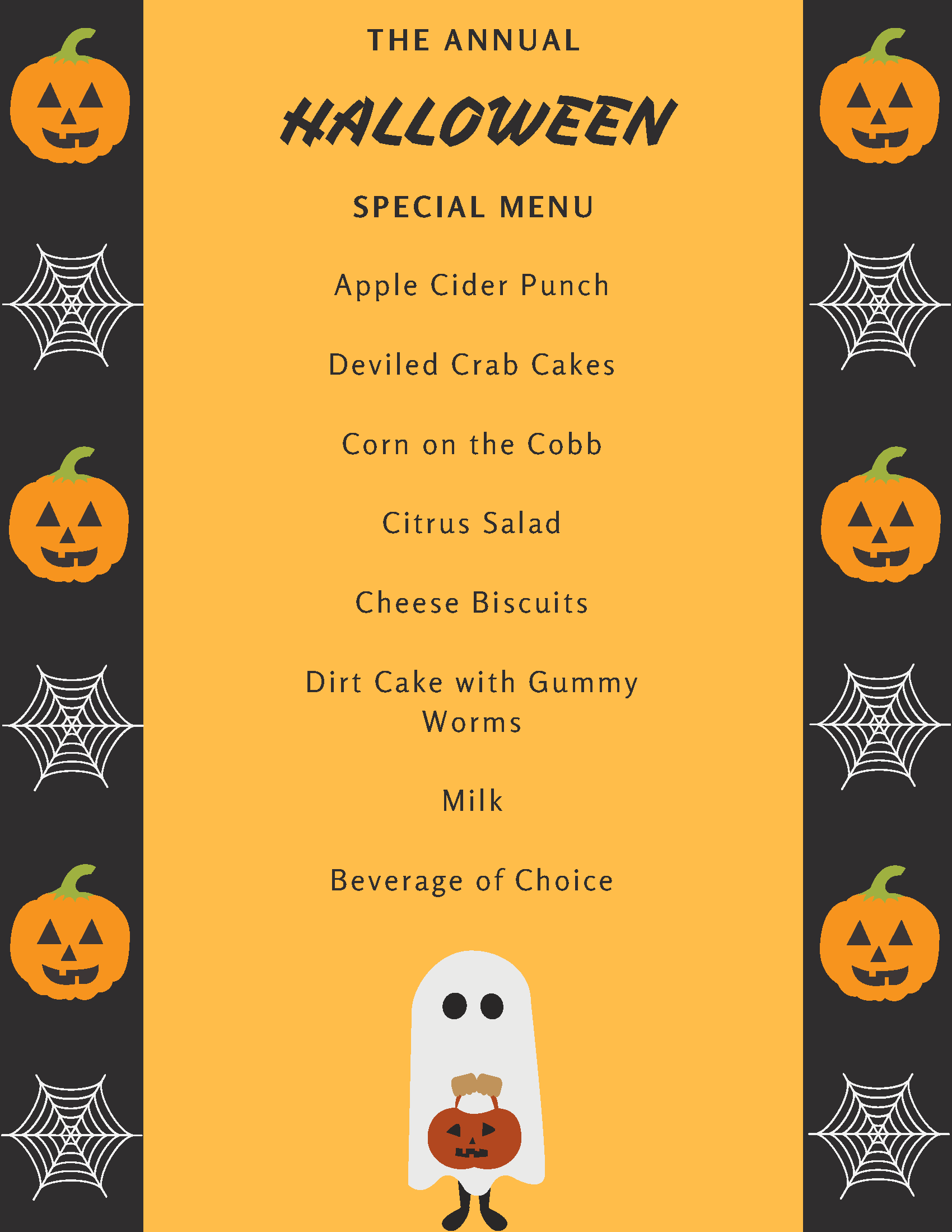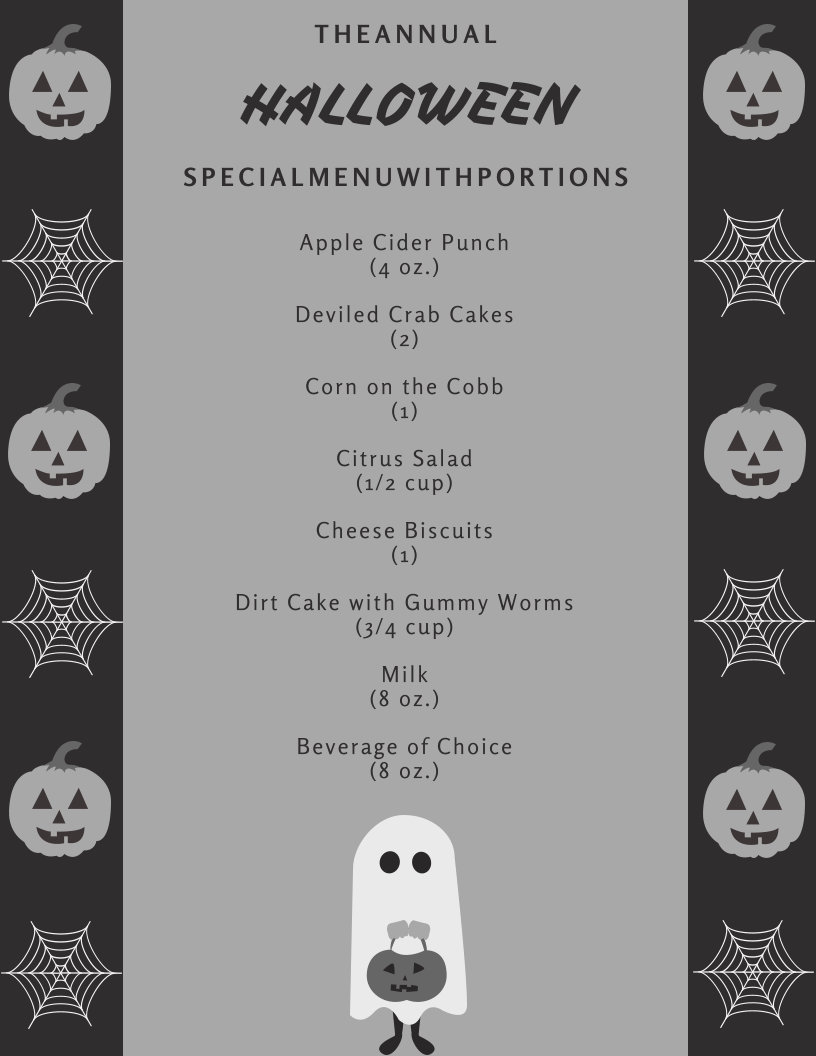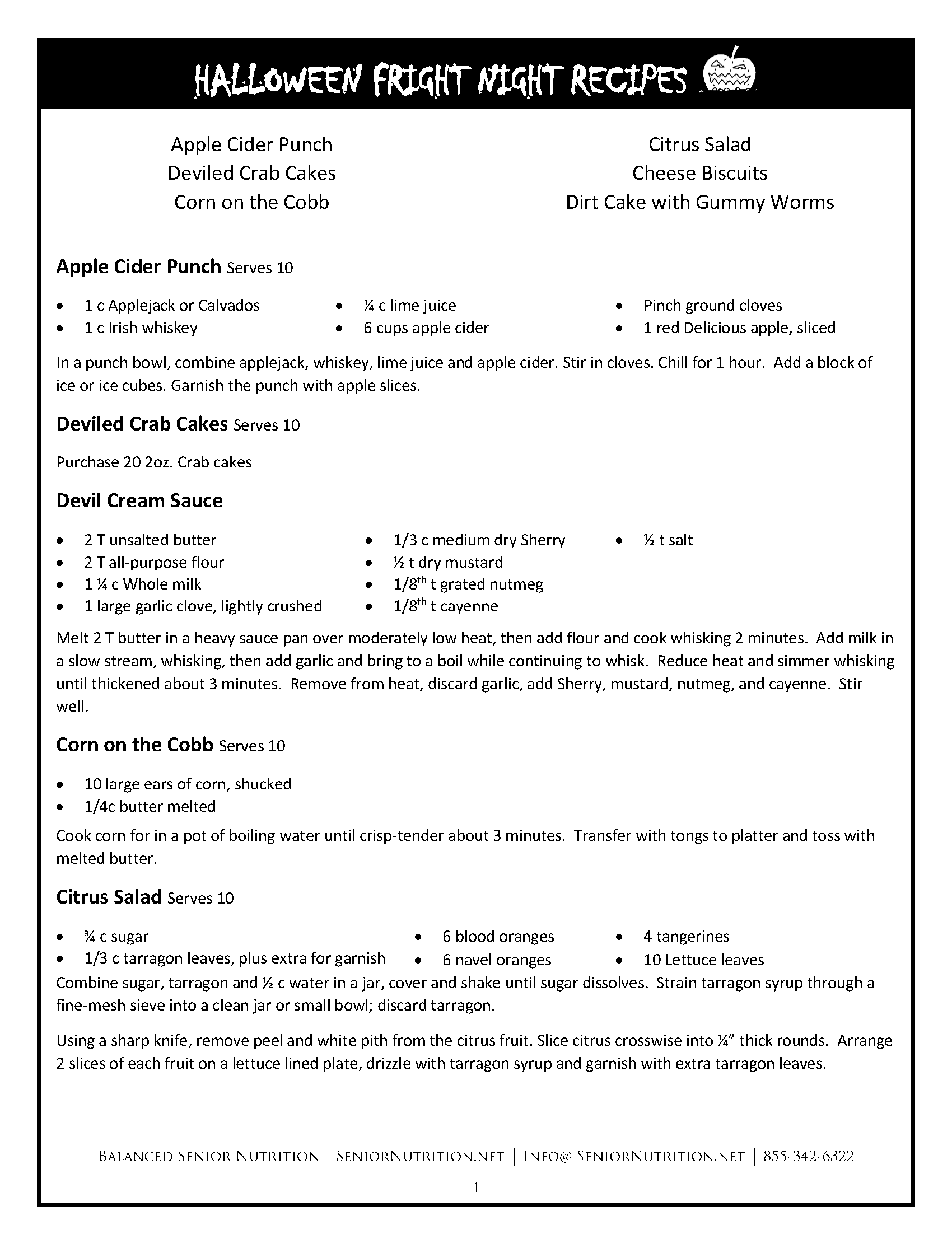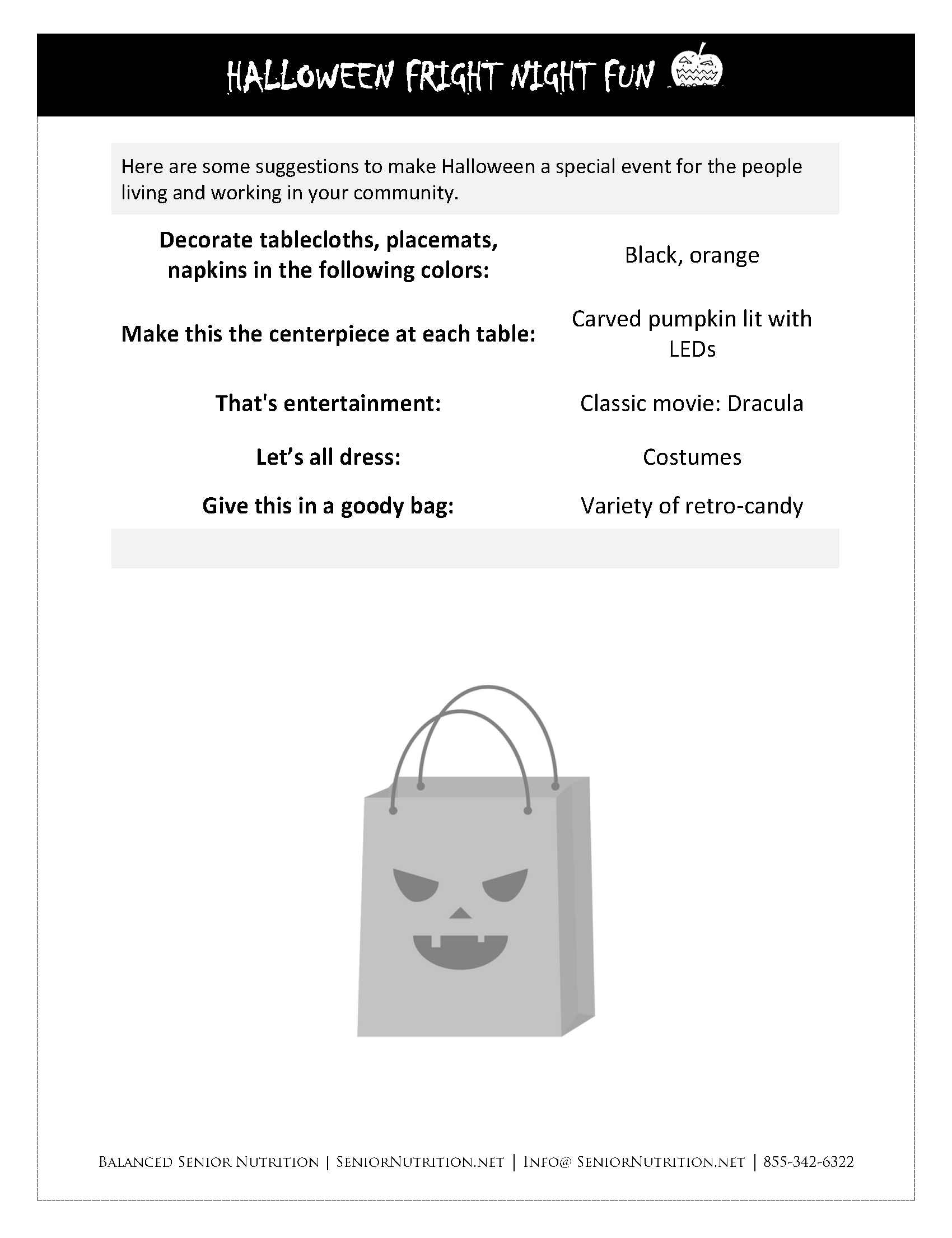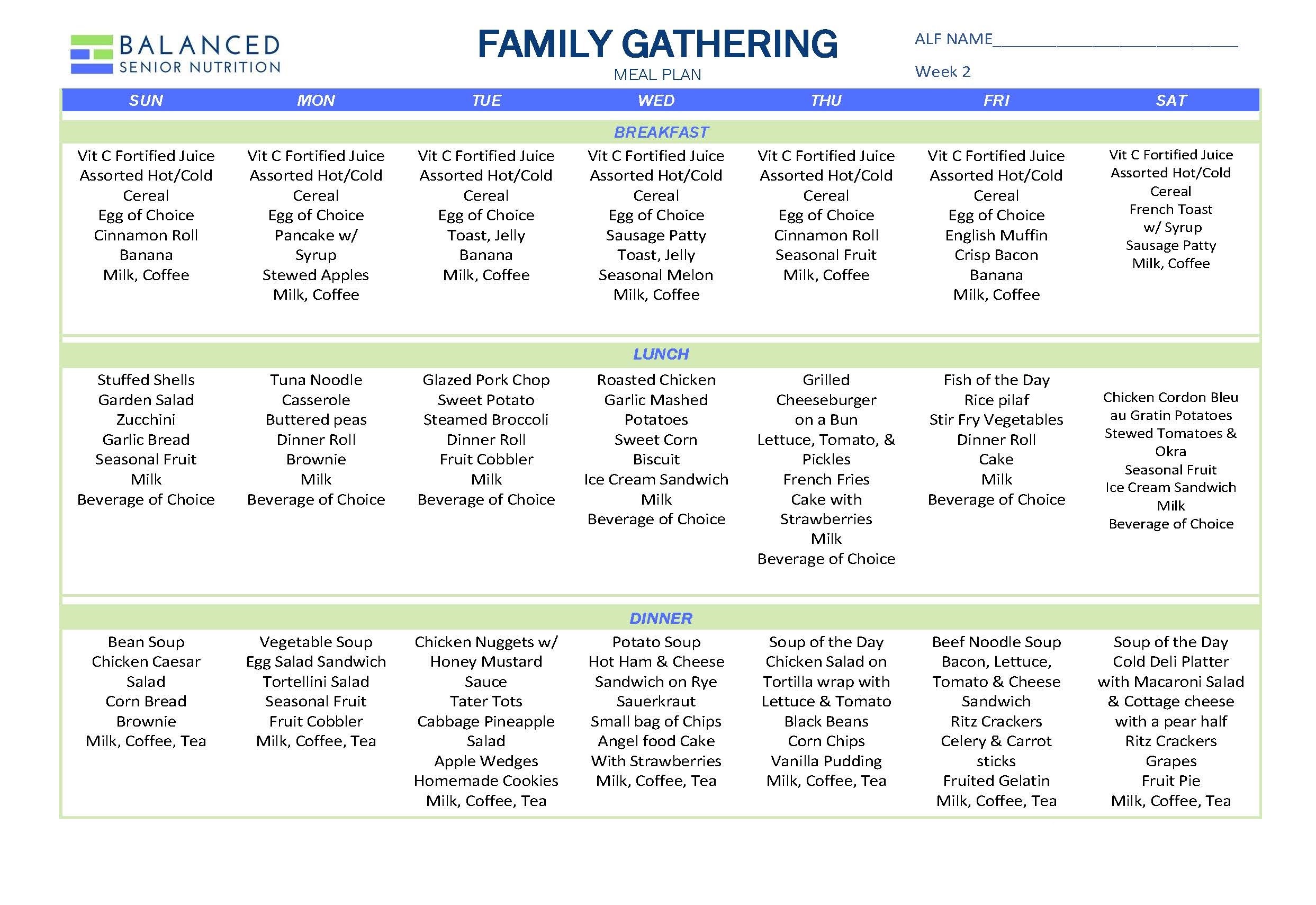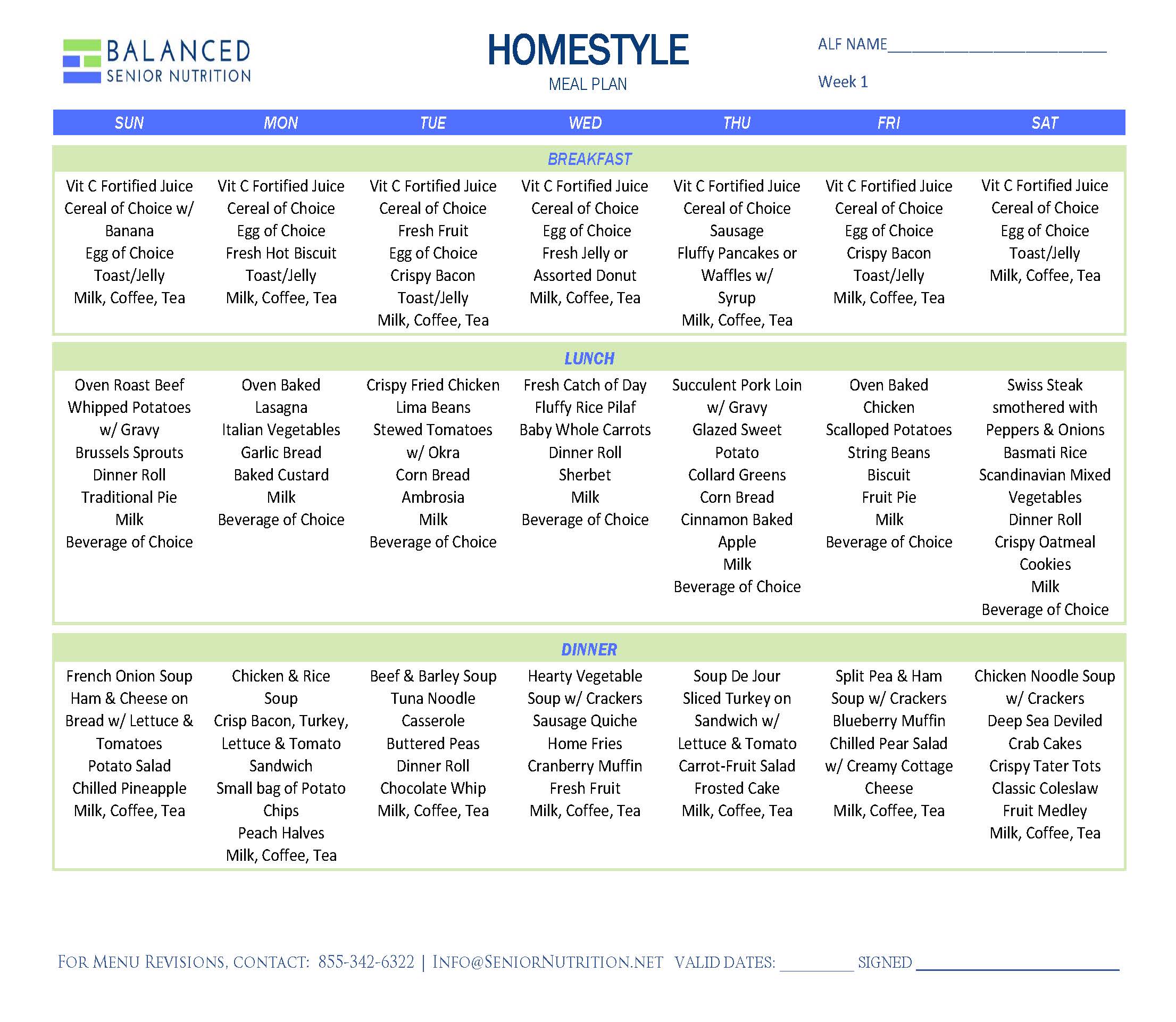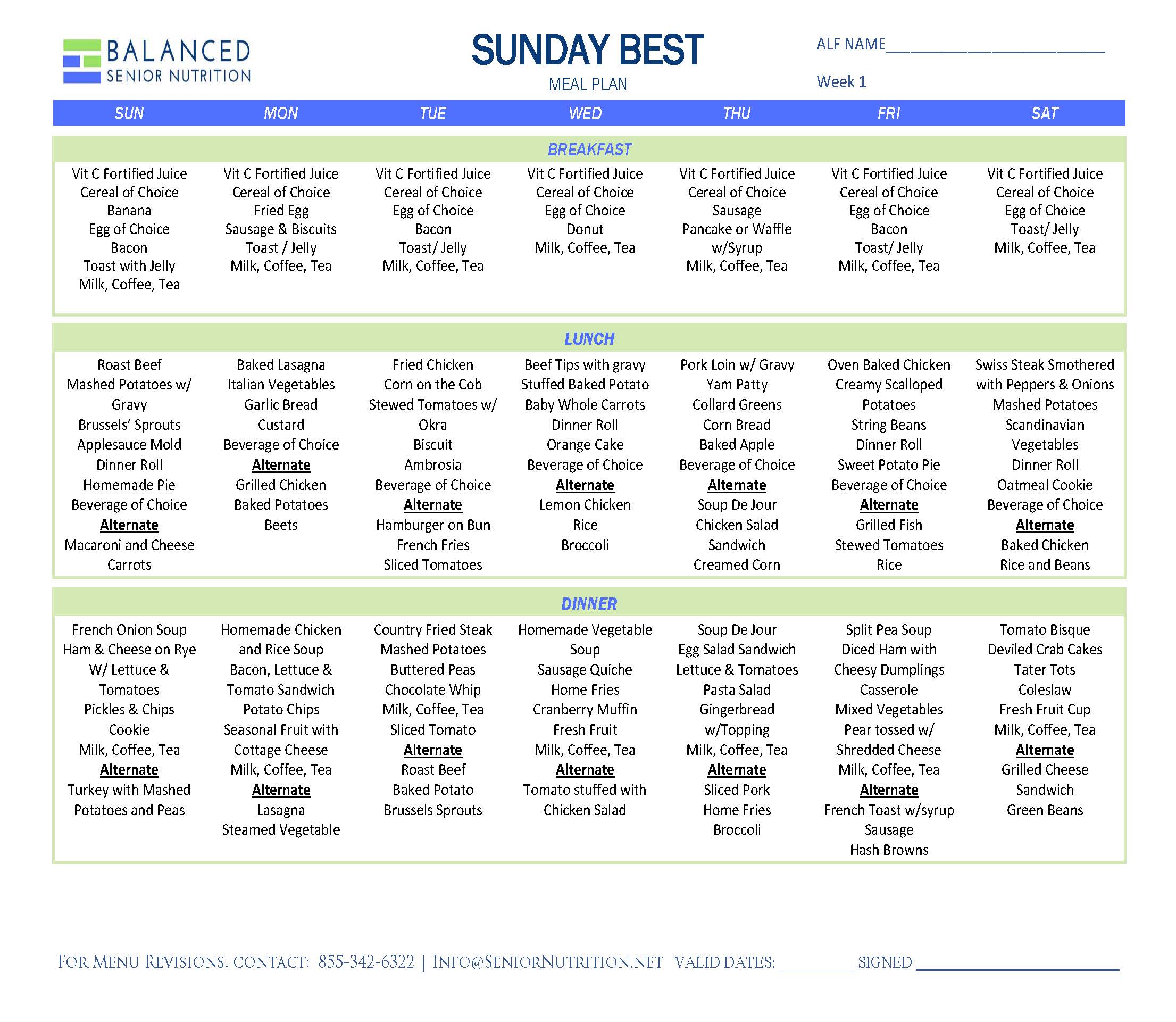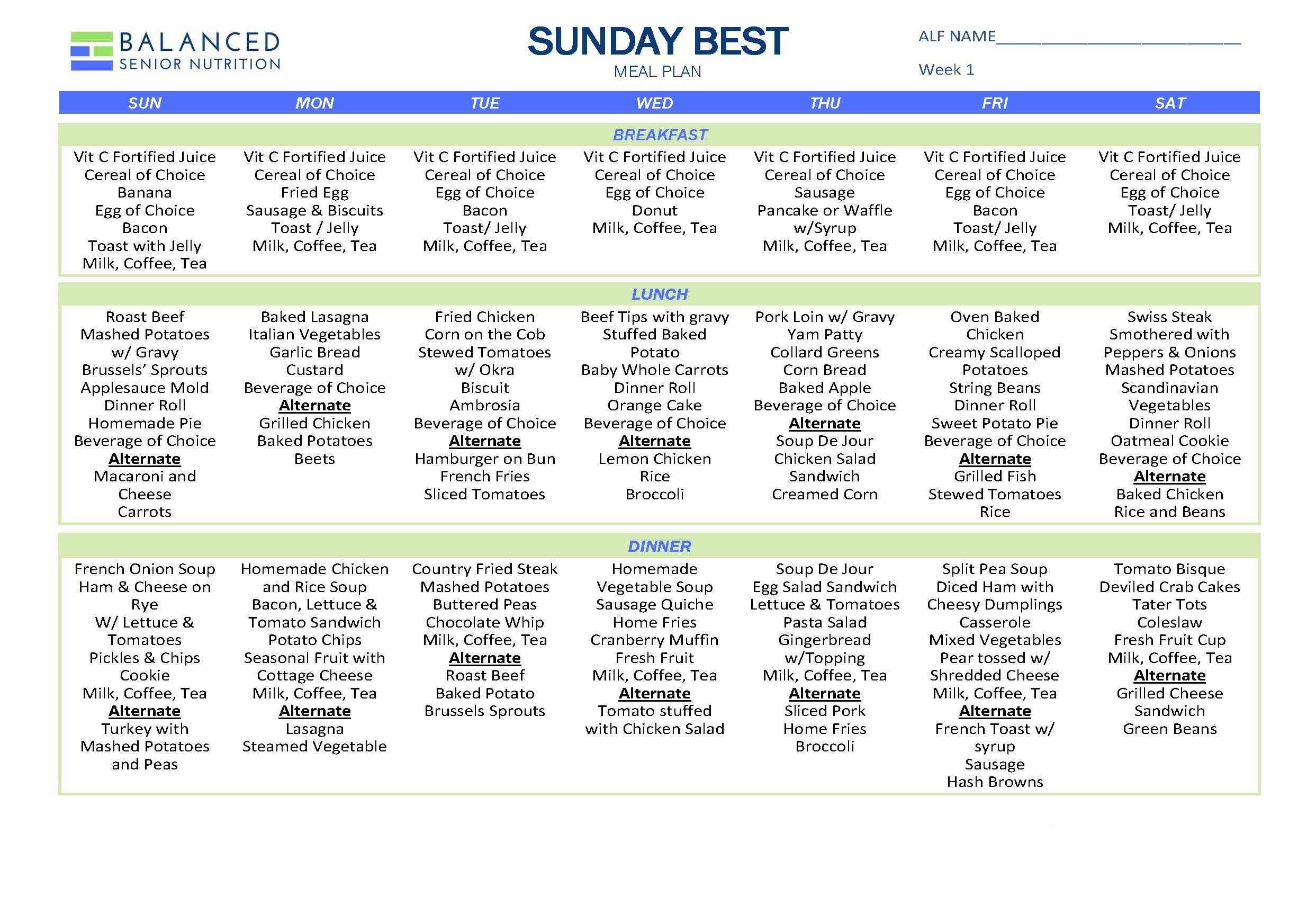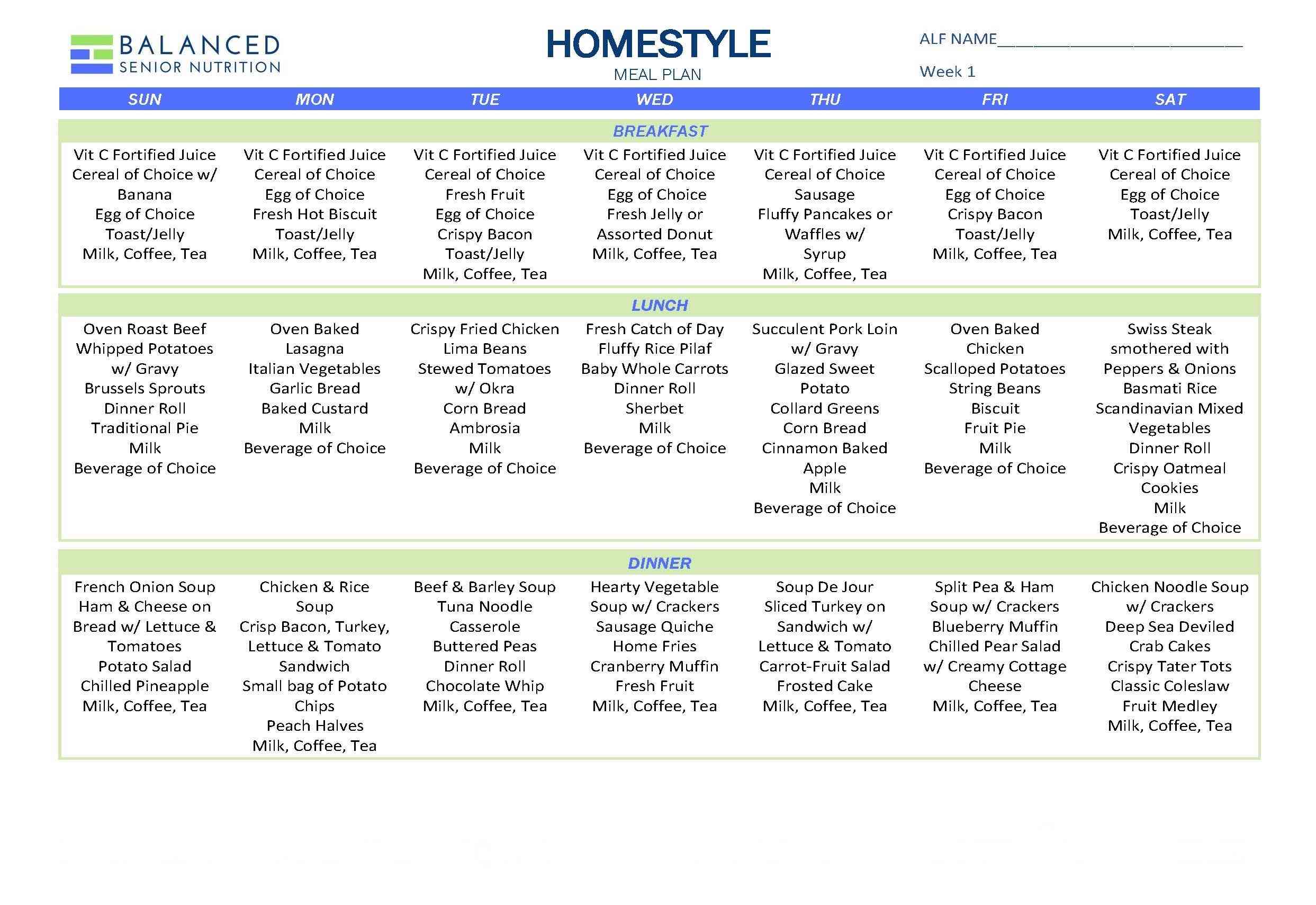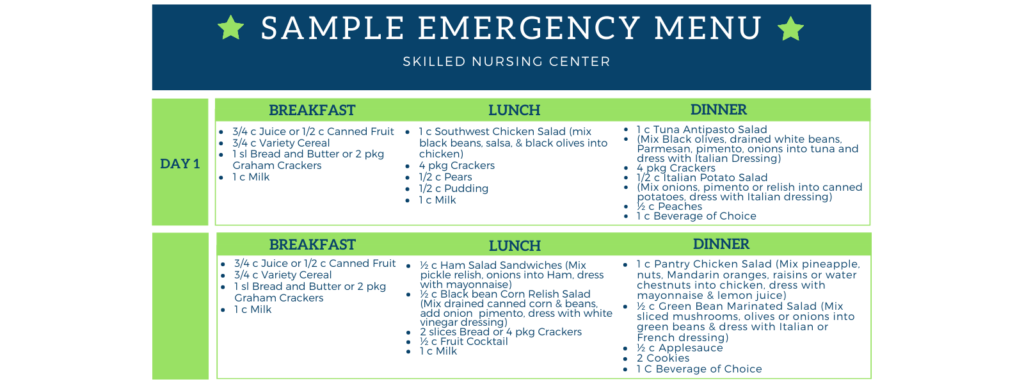
Benjamin Franklin once said, “If you fail to plan, you are planning to fail.” Having a plan in place to keep food services running in the event of an emergency is not only sound advice, but also essential to keeping your community well-fed and hydrated.
Tip 1: Have a Plan
The one thing you absolutely must have in case of an emergency is a plan. Having a plan in the event of a potential threat such as severe weather conditions can take the uncertainty out of the equation and help you limit problems that might occur in your dietary department. To assure your plan is up to date, review it at least monthly and immediately prior to the potential expected threat.
Tip 2: Water, Water, Everywhere
Making sure you have enough water for drinking and food preparation in case of an emergency is vital.
Tip 3: A Good, Simple, Repeatable Menu
Keeping everyone well-fed is critical during an emergency situation. For Skilled Nursing Centers, you need at least a seven-day supply.
Tip 4: Watch your Bac(teria, that is)
Food poisoning becomes a risk especially in the event that you lose power and cannot operate your dishwashing equipment. You must thoroughly wash metal pans, ceramic dishes, and utensils (including can openers) with soap and water. Rinse and then sanitize them in a solution of quaternary sanitizer or one tablespoon of unscented, liquid chlorine bleach per gallon of potable water. Use this same solution to sanitize the countertops and let them air dry. Keep disposable plates, cup and silverware, as well as disposable pans to lighten workload and lessen the need to sanitize.
Tip 5: Let there be Lights
Make sure you have enough battery-powered lanterns to keep the dining room lit when people are eating. Lanterns brighten the place up and are more practical and safer than candles. Get forehead strap LED lights for all key staff to free up hands and then wait to issue them until needed.
Tip 6: Most Like It Hot
A warm meal can be comforting in times of stress. For about $5 you can buy yourself about 12 hours of canned heat or Sterno, designed to be used indoors, which is a significant advantage over other emergency cooking options which usually require significant ventilation.
Tip 7: Low Tech, High Need
During a power outage, be prepared with a few low-tech and highly effective tools that don’t use power.
Things you will need:
-
- A nonelectric can opener
- Pencil and paper with a plastic sharpener
- Medicine droppers for measuring bleach to make city water safe to drink
- Duct tape
- A good pair of pliers
- 3 or 4 cases of very thick garbage bags
Know your county water requirements or you might find yourself in hot water.
Do you know the requirements for how much water you need to stock per person in case of an emergency in your community? Before you answer, check out the differences between just four Florida counties.
- Duvall County: One gallon per person per day- need to have enough for 7 days
- Leon County: Two gallons of water per person per day for two weeks
- Miami-Dade County: One gallon of water per person per day
- Escambia County—Three gallons of water per person per day.
Surprised by the differences? Two of them don’t even list the number of days for which you need to supply water. Make sure you find out the requirements for your area by checking out this list of Emergency Management Authority’s in Florida by county at www.floridadisaster.org/counties. If you’re located outside of Florida, check with your local county authorities.
BONUS. Tip #3 talked about the value of good, simple, repeatable meals. With that in mind, we want to offer a good, simple, repeatable menu for emergencies. Just click on Skilled Nursing Center 7-day Emergency Menu or Assisted Living 3-Day Emergency Menu.
